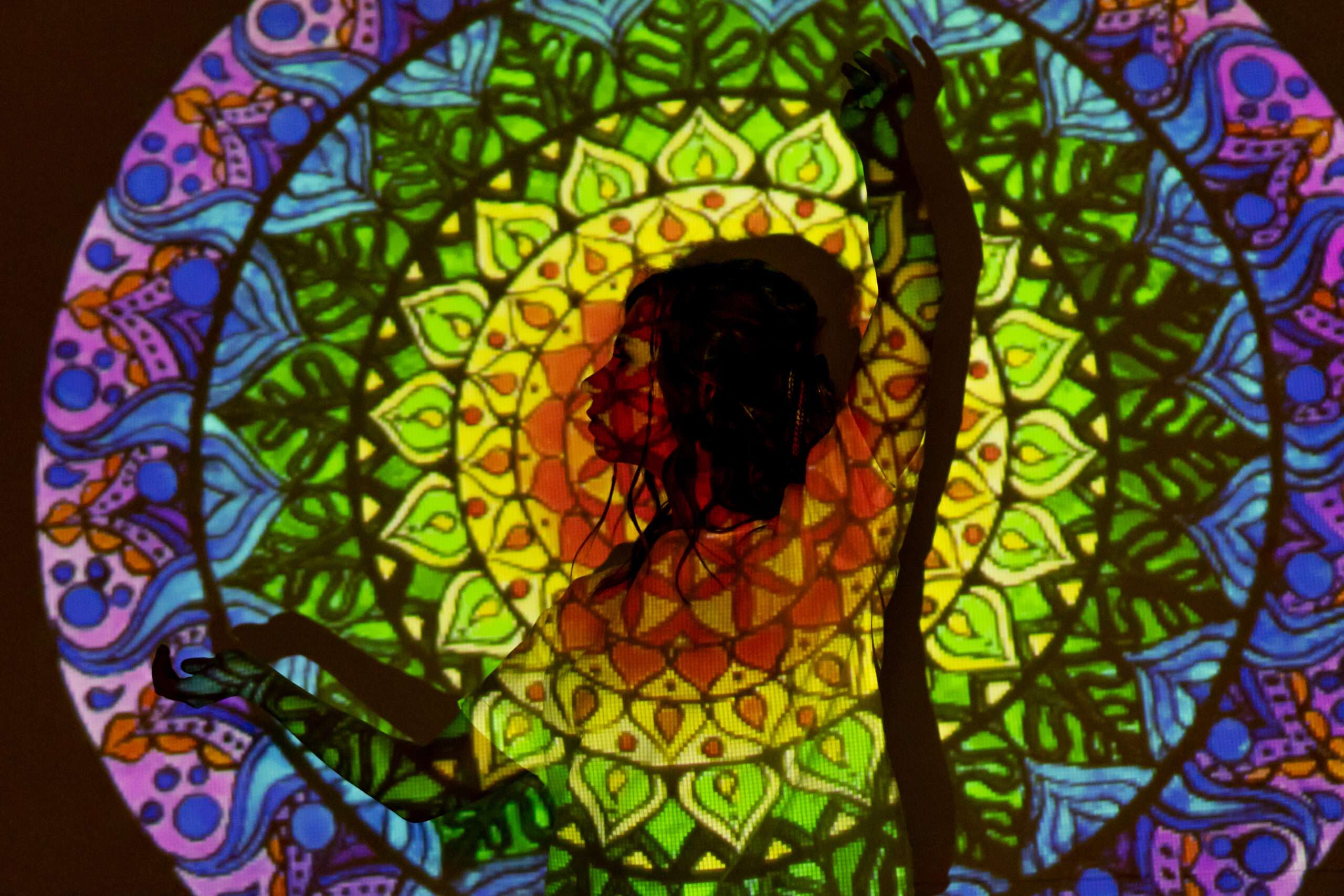Altering Consciousness for Therapeutic Gain: An Overview of Psychedelic Therapy
The Resurgence of Psychedelic Therapy
The use of psychedelics in therapy is experiencing a resurgence after a period of dormancy due to criminalization. A growing body of research supports their potential as tools to treat a range of mental health conditions, from depression and anxiety to PTSD and addiction. The focus on psychedelic therapy and altering consciousness could revolutionize mental health treatment approaches. You may like this: Psychedelic-Assisted Therapy: A Groundbreaking Approach to Treating PTSD.
Exploring Various Psychedelic Compounds
Psilocybin: Magic Mushrooms for Mental Health
Psilocybin, the active component in “magic mushrooms,” has shown efficacy in reducing anxiety and depression in patients with terminal illness and in helping individuals overcome addiction.
Ayahuasca: Amazonian Brew for PTSD and Addiction
Ayahuasca, a brew made from plants native to the Amazon, is used to treat PTSD and addiction. It has a long history of use by indigenous populations for spiritual and therapeutic purposes.
Mescaline: Peyote’s Therapeutic Potential
Mescaline, found in peyote, is being re-explored for its therapeutic potential. It is known for inducing intense visual and auditory hallucinations and promoting introspection.
Ibogaine: African Plant Medicine for Addiction
Ibogaine, derived from the root bark of the African iboga plant, is used to treat addiction by helping individuals overcome withdrawal symptoms and understand the underlying psychological issues driving their addiction.
LSD: A Revived Interest in Altered Consciousness
LSD, or lysergic acid diethylamide, is also undergoing a resurgence of interest as a therapeutic tool. Known for inducing a state of altered consciousness and allowing individuals to access deep-seated emotions and thoughts, it may be effective in treating various mental health conditions.
The Importance of Medical Supervision and Caution
It is crucial to note that these substances should only be used under the guidance of trained medical professionals due to their powerful and sometimes unpredictable effects. The growing body of research supporting their potential as therapeutic tools demands a cautious and open approach to psychedelic therapy, taking into account potential risks and benefits.
Responsible and Scientific Approach to Psychedelic Therapy
The call for the responsible and scientific use of psychedelics is not a return to the wild and unregulated use of these substances in the 1960s, but rather an embrace of rigorous research and medical oversight.
The Evolving Landscape of Psychedelic Research
It is encouraging to see more medical institutions and researchers taking a serious look at the potential of psychedelics. Clinical trials are underway, and we are learning more about their safety and efficacy every day. This may interest you…The Healing Power of Psychedelics for Mental Health.
Balancing Risks and Benefits
We must remain vigilant in our approach to these substances, recognizing that they are not a panacea for all mental health conditions and that their use must be guided by careful consideration of the risks and benefits.
A Commitment to Rigorous Research and Open-mindedness
As we continue to explore the potential of psychedelics, it is essential to approach this field with an open mind and a commitment to rigorous research. We must be willing to question our assumptions and embrace new and innovative approaches to mental health treatment.
The Future of Psychedelic Therapy
With the right approach, psychedelics have the potential to change the way we think about mental health and provide new hope for those suffering from mental health conditions. The journey has just begun, and it will be exciting to see where it leads us in the realm of altering consciousness for therapeutic gain.
FAQ
Q: Is psychedelic therapy legal?
A: The legality of psychedelic therapy varies depending on the country, state, or region. Some substances, like psilocybin and MDMA, are being approved for use in clinical trials or in specific therapeutic settings. Always check local laws before considering treatment.
Q: How do I find a qualified psychedelic therapist?
A: To find a qualified psychedelic therapist, start by searching for professionals or clinics specializing in psychedelic therapy within your area. You can also check organizations like the Multidisciplinary Association for Psychedelic Studies (MAPS) for resources and guidance.
Q: How long does a psychedelic therapy session last?
A: The duration of a psychedelic therapy session can vary depending on the substance used and the individual’s response. Generally, sessions can last anywhere from 4 to 8 hours, with added time for preparation and integration.
Q: Is psychedelic therapy safe?
A: While psychedelic therapy has shown promise in treating various mental health conditions, it is essential to understand that it carries risks. It should only be administered under the guidance of trained professionals, and individuals with certain medical or psychiatric conditions may not be suitable candidates.
Q: Can psychedelic therapy cause bad trips or negative experiences?
A: While most individuals report positive experiences during psychedelic therapy, there is the possibility of having difficult experiences. Trained professionals can help to reduce these risks and provide support during the session.
Q: How many sessions are needed for psychedelic therapy to be effective?
A: The number of sessions needed varies depending on the individual and their specific needs. Some people may see significant improvement after just one session, while others might require multiple sessions for optimal results. Therefore, this should be determined in collaboration with a trained professional.
Please note that the information presented in this article is for educational purposes only and is not intended as medical advice. Psychedelic substances are illegal in many countries and can have serious side effects if used improperly. The use of psychedelics in therapy should only be done under the supervision of a trained and licensed healthcare professional. The authors of this article do not endorse or encourage the illegal use of psychedelics. Always consult with a doctor before trying any new treatment, and never take psychedelics without medical supervision.









